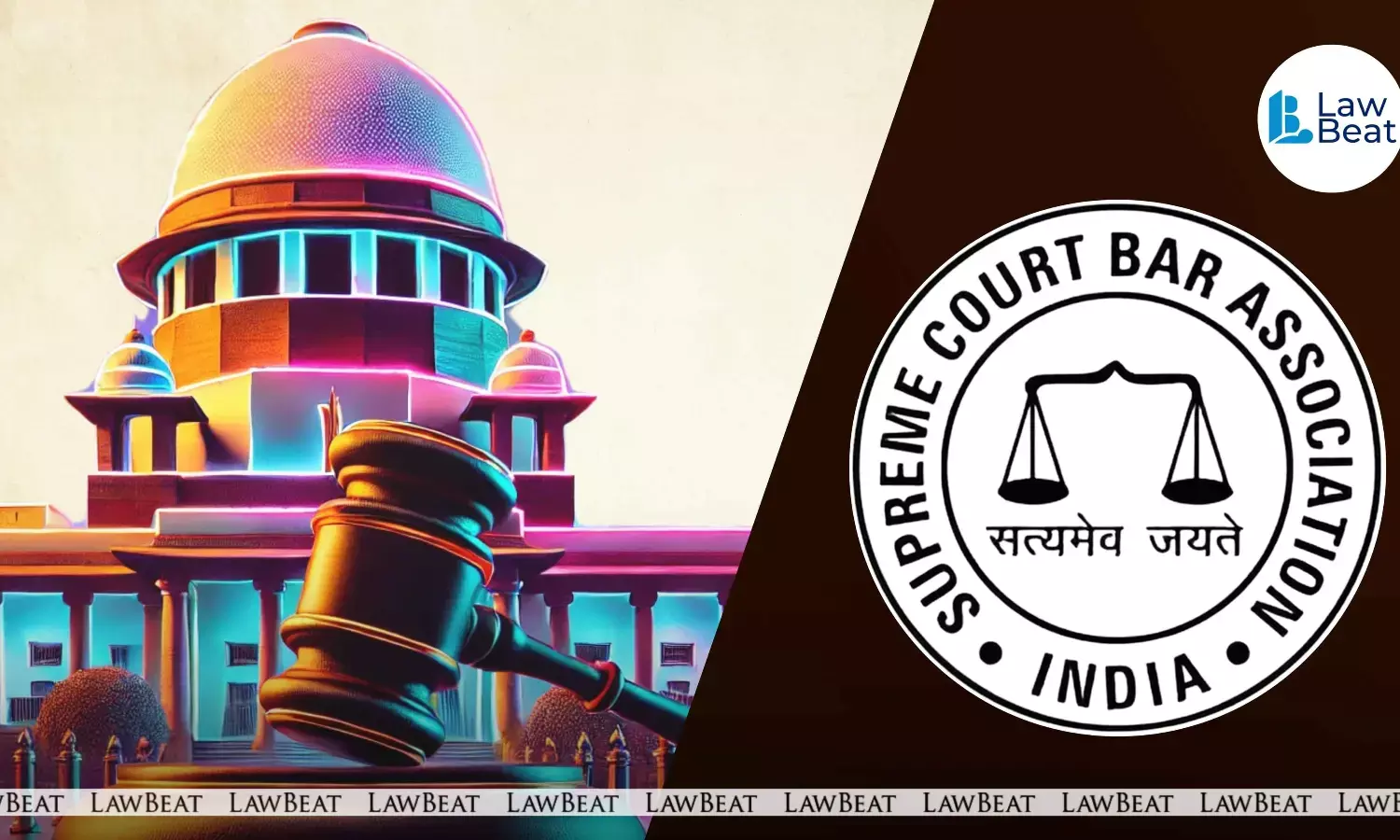SCBA Slams Delhi LG’s Notification Allowing Evidence Recording in Police Stations

Supreme Court of India, Supreme Court Bar Association (SCBA)
The Supreme Court Bar Association (SCBA) has strongly condemned a recent notification issued by the Lieutenant Governor of Delhi on August 13, 2025, which designated police stations as places for recording the evidence of police officials.
In a statement released by its President and Executive Committee, the SCBA described the move as “arbitrary, unlawful, and against the principles of natural justice.” The Association warned that the measure not only undermines the sanctity of judicial proceedings but also compromises the fairness of the process.
The lawyers’ body expressed grave concern that the notification could have far-reaching implications on the independence of the judiciary and the fair administration of justice. It also cautioned that such a step was against the larger public interest.
Calling the notification a direct affront to the rule of law, the SCBA urged immediate withdrawal of the order. The Association emphasized that courtrooms and judicial oversight form an essential safeguard in the evidentiary process, and shifting it to police stations would erode public confidence in judicial institutions.
Reiterating its stance, the SCBA said it “records its strongest condemnation” of the Lieutenant Governor’s action and called on the authorities concerned to roll back the notification in the interest of justice.
In wake of the notification by the LG, lawyers across all six district courts in Delhi abstained from work on Friday (August 22), protesting a notification approved by Lieutenant Governor V.K. Saxena that permits police officials to depose before courts through video conferencing from designated police stations.
Bar leaders claimed the notification undermines fair trial standards and warned of an indefinite agitation if their demands are not met. The strike disrupted court functioning across the capital, with several proceedings adjourned. While urgent custody matters were heard, most trial hearings were deferred.
Representatives of the Coordination Committee of All District Bar Associations of Delhi defended the strike, citing concerns over the integrity of trials. Advocates argued that permitting police officers to depose virtually from police stations compromised transparency and created scope for external prompting of witnesses.
